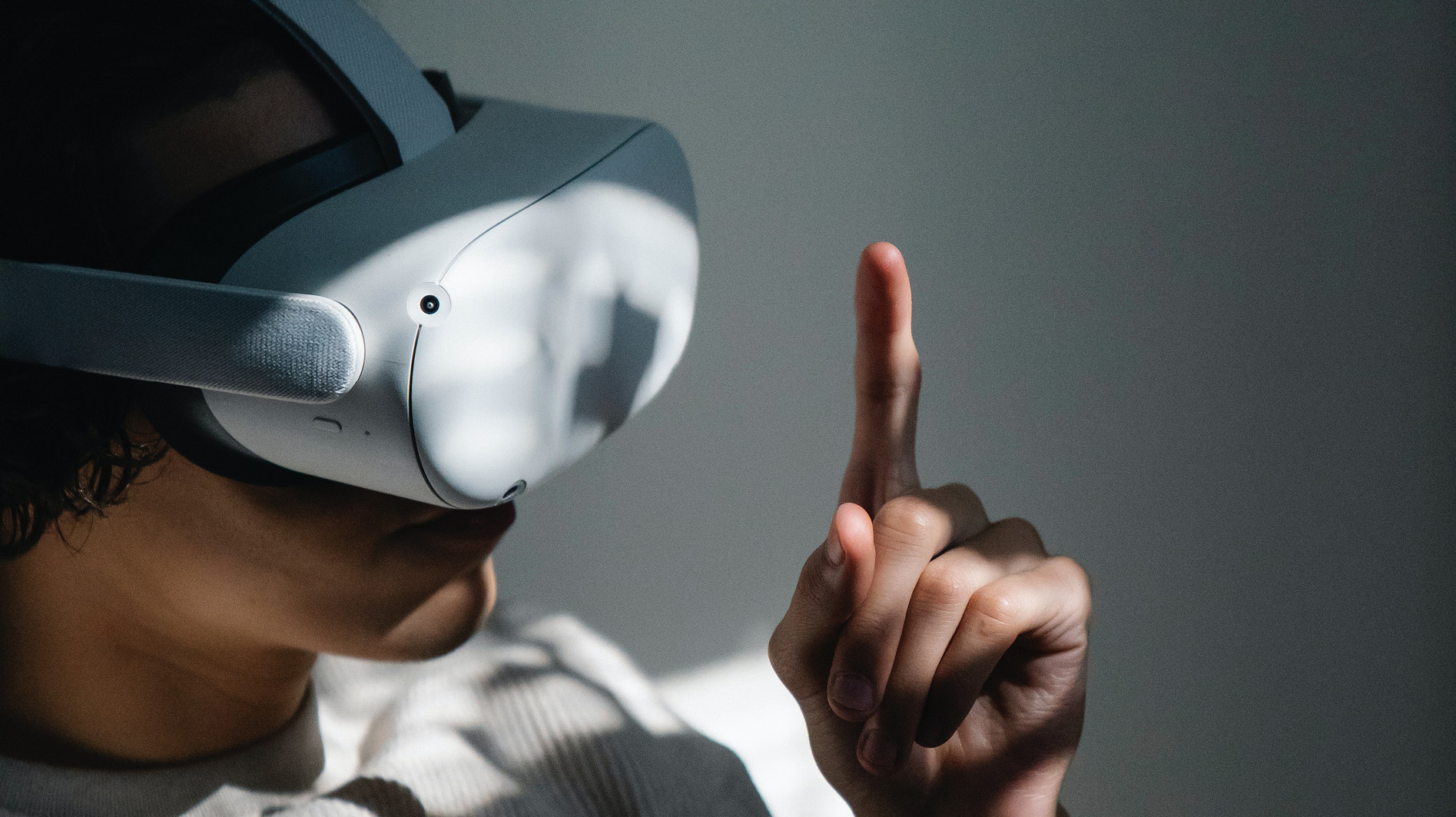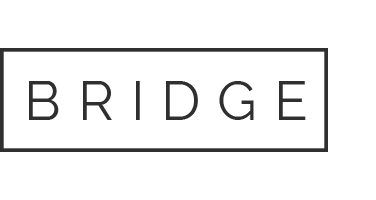
Project partners

![]()

Technologies and hardware enabling Extended Reality (XR) have become increasingly cheaper, smaller and lighter in design and more widely used. Together with the company Khora VR and the analysis company Ipsos, researcher Kasper Hornbæk from the University of Copenhagen is investigating what our future with XR will look like. How XR can change what we see and help us behave in the world.
Facts
Start: December 2022
Expected completion: December 2023
CHALLENGE
Part of our future lives will probably be lived in extended reality. We will have augmented furniture, augmented makeup, augmented conversations and augmented training and skills development. But it remains unclear what those lives will look like in XR, and how the technology will support or hinder our goals and well-being.
SOLUTION
The project will, through workshops and prototypes, investigate what our future with XR will look like. The focus is on how XR can change what we see, how we perceive the world, and how XR can help us act in the world. The intended outcome is to map the space of how XR can be used in our lives by exploring commercial applications and academic questions.
The central question in the project is what happens when XR can remove friction from our daily lives. Can XR be useful and is it really possible to eliminate friction? And what will XR mean for individuals, society as a whole and for commercial players?
RESULT
The project has three products:
- workshops with academics and companies focusing on what the future of AR will look like. Held at Digital Tech Summit 2023 or similar event relevant to an XR audience.
- prototypes of concepts for future XR systems in everyday environments.
- a mapping of our future lives with AR.
Interested in more information about the project?
contact:
Mariann Nederby Madsen, Vision Denmark
E-mail: mn@visiondenmark.dk
Powered by



